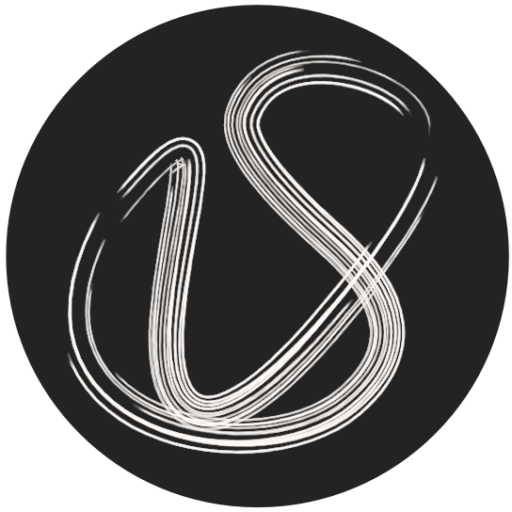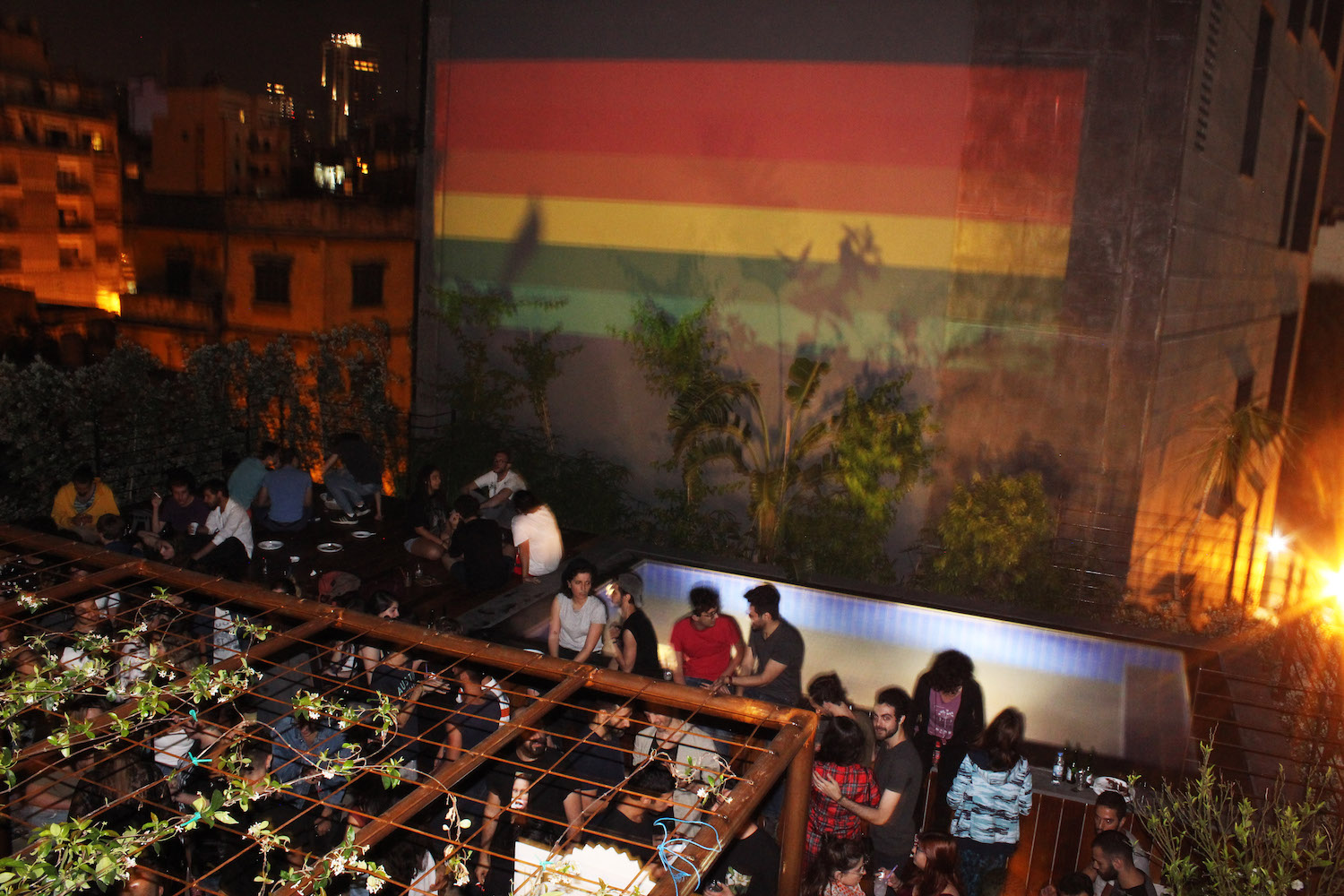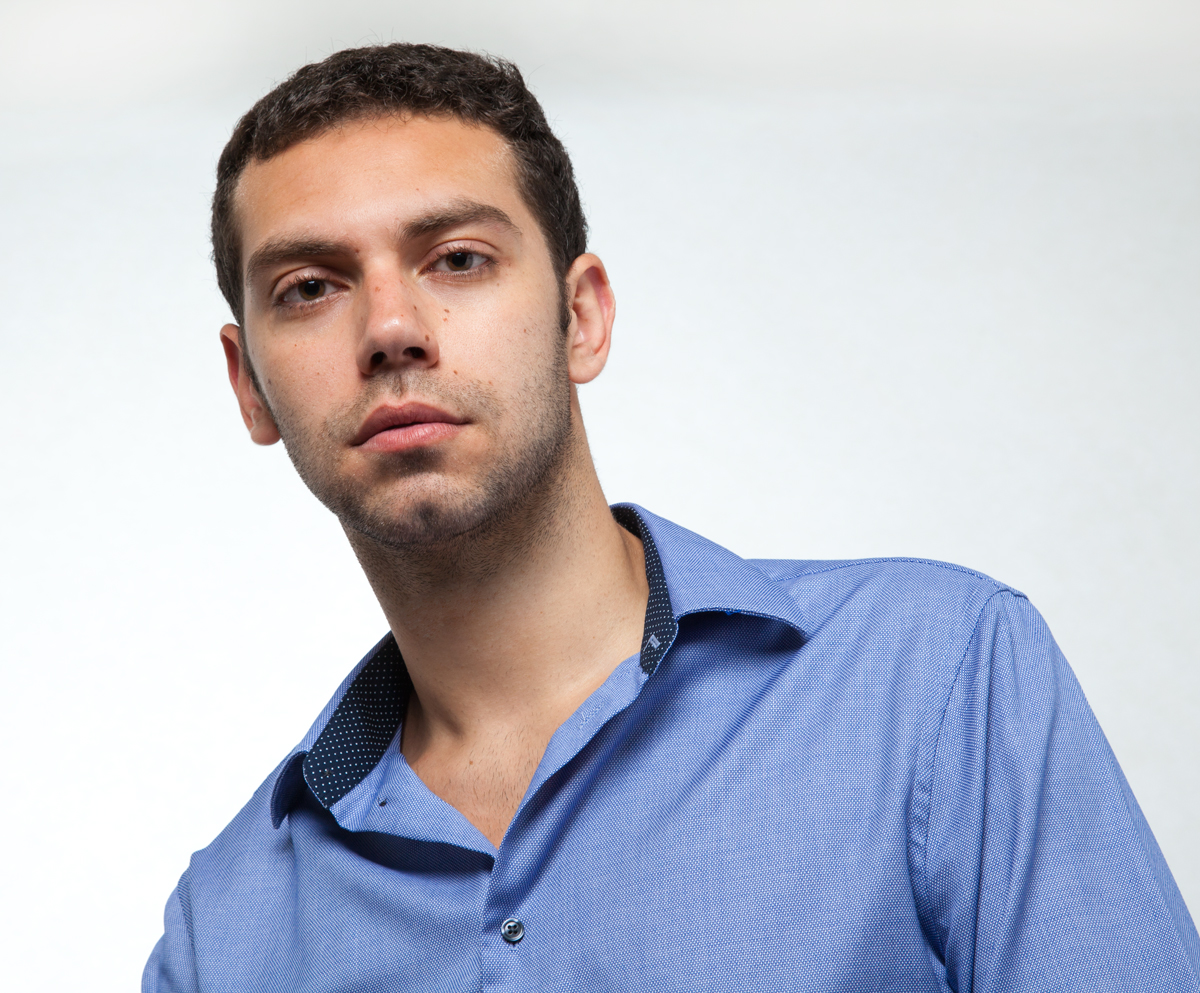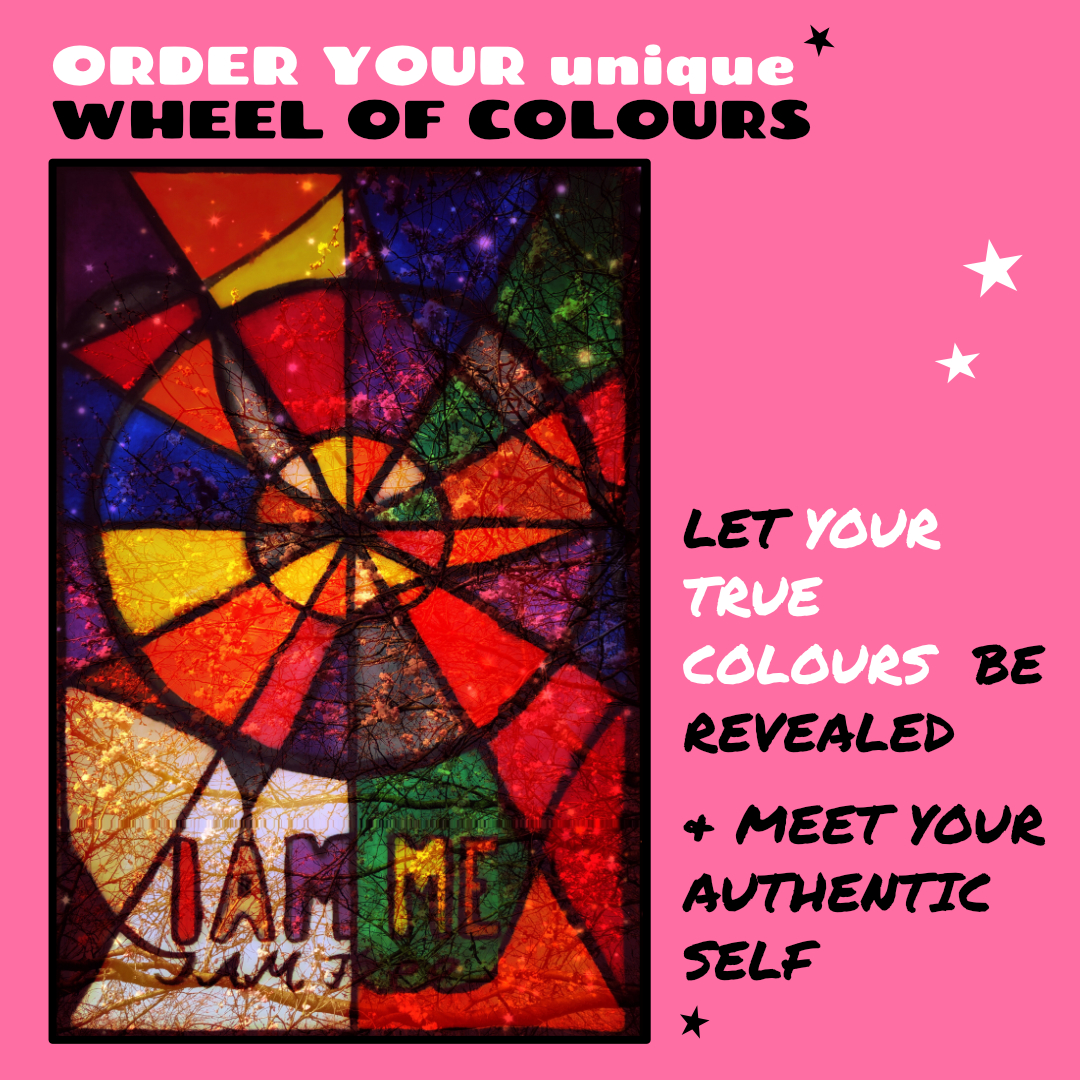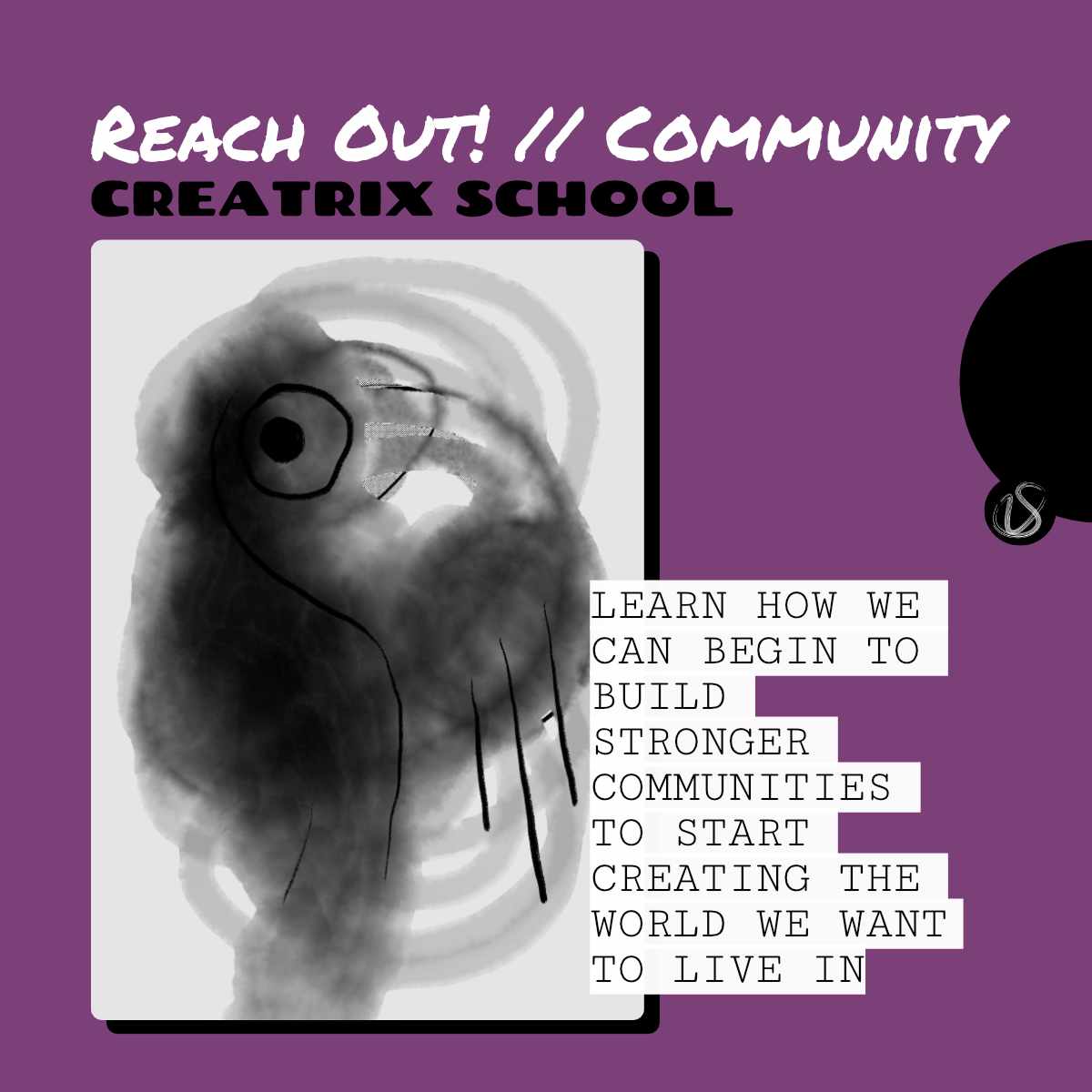Meet Hadi Damien, one of the organizers of Beirut Pride.
On June 28th, 1969 the Stonewall Riots kicked off a larger gay rights movement in the USA.
In 1970, the first gay pride marches took place in New York, Los Angeles, San Francisco and Chicago – today pride parades are taking place all around the world.
In 2018, I wanted to know who the people organizing today’s pride parades are, what the marches mean to them, and met wonderfully powerful, loving and kind people from places, which might not be the first ones that come to mind, when we think of queer love.
See all Faces of Pride.
What’s your name and age?
My name is Hadi Damien, and I am 29 years old.
Since when have you been involved with Beirut Pride?
I initiated Beirut Pride in May 2017, and I have since been involved with it.
Why do you think Beirut Pride is important?
What does Pride mean? Platforms called “pride” are retrieving a space that was taken away. Pride is complementary to shame, and LGBTIQ+ individuals have most times been subjected to shame based on their emotions, feelings and desires.
Hindering individuals in their most natural and elementary state has led to discriminations and to hate speeches and calls for violence.
Prides address all this. They tackle the shame that was enforced upon us, and address it. Therefore, Prides blossom on the path of emancipation from this negative conditioning that yields self-hate and auto-destruction. Prides empower. P
rides make you affirmative and secure. They give you the choice of being visible, they give you the choice to come out of the closet, for the closet is a hiding place from scrutiny, demeaning remarks and expressions.
The basic fact that Beirut Pride exists is a progressive thing. Beirut Pride is an open public initiative that states things the way they are. It is articulated around a five-year plan, and runs yearlong initiatives that touch upon political lobbying, religions, media, education, the business world, and families, in addition to the Pride Days that we make happen around May 17.
Why? Because Beirut Pride takes a stance against hate and discrimination based on gender and sexual diversity, and May 17 is International day against homophobia (and biphobia and transphobia).
Destigmatisation is an organic evolution. Beirut Pride does not emulate previous models that proved their inefficiency, and we are constantly opening channels of communication that never existed before, moving forward in a brilliant direction.
Beirut Pride is built on a reflexion, on a thinking process, on a strategy. It is a counter-reaction to slacktivism. It changes the discourse and takes things to another level.
What is one (or two) remarkable thing(s) that has/have happened at Beirut Pride?
The most remarkable thing would be the turn of events Beirut Pride 2018 took when I was detained, and its schedule suspended.
Beirut Pride 2018 started on May 12 with a celebratory event that pays tribute to parents who have properly received the homosexuality of their children, who did not reject them, and who worked to make family a place for everyone.
In this frame, we launched a Beirut Pride initiative addressed to the families and their children to navigate the intersection of family dynamics and LGBTIQ+. That day, the opening party of Beirut Pride drained hundreds of people to cheer for Khansa, Sarah and the Nubatones.
A brunch on Sunday gathered many people, featuring a talk about Trans* in Lebanon, followed by a talk about masculinity and femininity in the Migrant Community Centre, before the Beirut Grand Ball took place in the evening.
Monday, May 13, was a day of fruitful meetings, and we announced the Corporate Pledge in the early evening, another initiative addressing business policies related to LGBT staff and clientele.
The second part of the evening was programmed at Zoukak Theatre Company, featuring a reading of a play translated into Arabic, a discussion and a party.
However, members of the censorship office at the General Security came to the theatre hall, informing organisers that the reading cannot take place.
Officers at other security units (namely the general security, the vice squad, the information unit and the security of the state) gradually joined them, and after we had a lengthy discussion, two officers stormed in, tasked with escorting me to a police station for interrogation.
I spent the night in detention, and, the next day at interrogation, investigators confronted me with an Arabic version of a programme they claimed to be that of Beirut Pride.
It was, in effect, an ill-translation of some of the events of our programme, instilled with sensational words expressing debauchery and immorality. After we compared the events circulating in Arabic with those displayed on the website of Beirut Pride, it was clear the Arabic programme was a fabricated one.
Informed of the investigation details, the general prosecutor of Beirut decided to suspend all the events of Beirut Pride that were scheduled until May 20, because of all the buzz they created.
This does not mean Beirut Pride, in its manifold expressions and programmes, was cancelled.
While the suspension of activities is not amusing on the short term, it does not negatively affect Beirut Pride on the medium and the long terms. We are now reinstalling the suspended events, while new initiatives and projects are shaping up.
After all, we didn’t start Beirut Pride to stop at the first obstacle, and obstacles are part of the path. We look at this happening as a challenge that fuels future initiatives, and not as a failure or as a setback.
What do you do when you are not organizing Beirut Pride?
I am a theatre maker, a curator, and a university lecturer invested in research. I also design and organise cultural, sport, commercial and political events for both the public and the private sectors.
What do you like to do in your free time?
Is there a free time and a busy time? I am a man full of passions, and my closest friends are intense as well, full of stories and things to do.
I don’t consider what I do to be work, in the sense of it being a beast eating me out. I portray myself as someone who makes ideas and reflexions come to life, jumping from a project to another, then going back to a previous project to maintain it and enhance it, often operating many initiatives at the same time.
This intensity is paramount: it motivates people around me, keeps the pulse vibrant, and fuels dreams. All days are working days, and all days are holidays.
I can, at anytime, read books, do sports, see my friends, and party hard. Contemplating a painting could inspire me for a project, so I take a paper (or my smartphone) and write down ideas and thoughts, thinking of how to bring them to life.
Here, balance is capital, and self-discipline is paramount. Anytime is quality time with myself, in the company of others or not. This is why I need time alone to unwind and recharge.
Is there something you would like to say to the rest of the LGBT+ community?
We cannot move forward if we do not continuously educate ourselves. We need to read, to read a lot, to know history, to draw parallelism with similar paths, and to be aware of the economical and geopolitical dynamics of where we live, so we will be able to construct a vision, a strategic programme, and be the future.
We also need to embrace diversity. While we often expect others to acknowledge diversity, we often stir away of it ourselves.
Focus on what brings us together, and do not sweat small matters: people give what they have. Human beings are extremely rich, do not range them into labels. It never works. Be sensitive to your surroundings, always open channels of communication, and be generous, extremely generous.
Be kind, yet firm, and trust that we are moving forward, no matter what. It is called evolution.
We will get there, for we are genuine and authentic. Also remember that LGBTIQ+ individuals are in all social classes, linguistic categories, professional circles, religious groups, political affiliations, cultural environments, etc.
They are practicing and operating in all spheres, and this is the biggest asset to capitalise on to move forward. Give people tools to feel empowered, and remember that the future is bright, no matter what, and that love always wins.
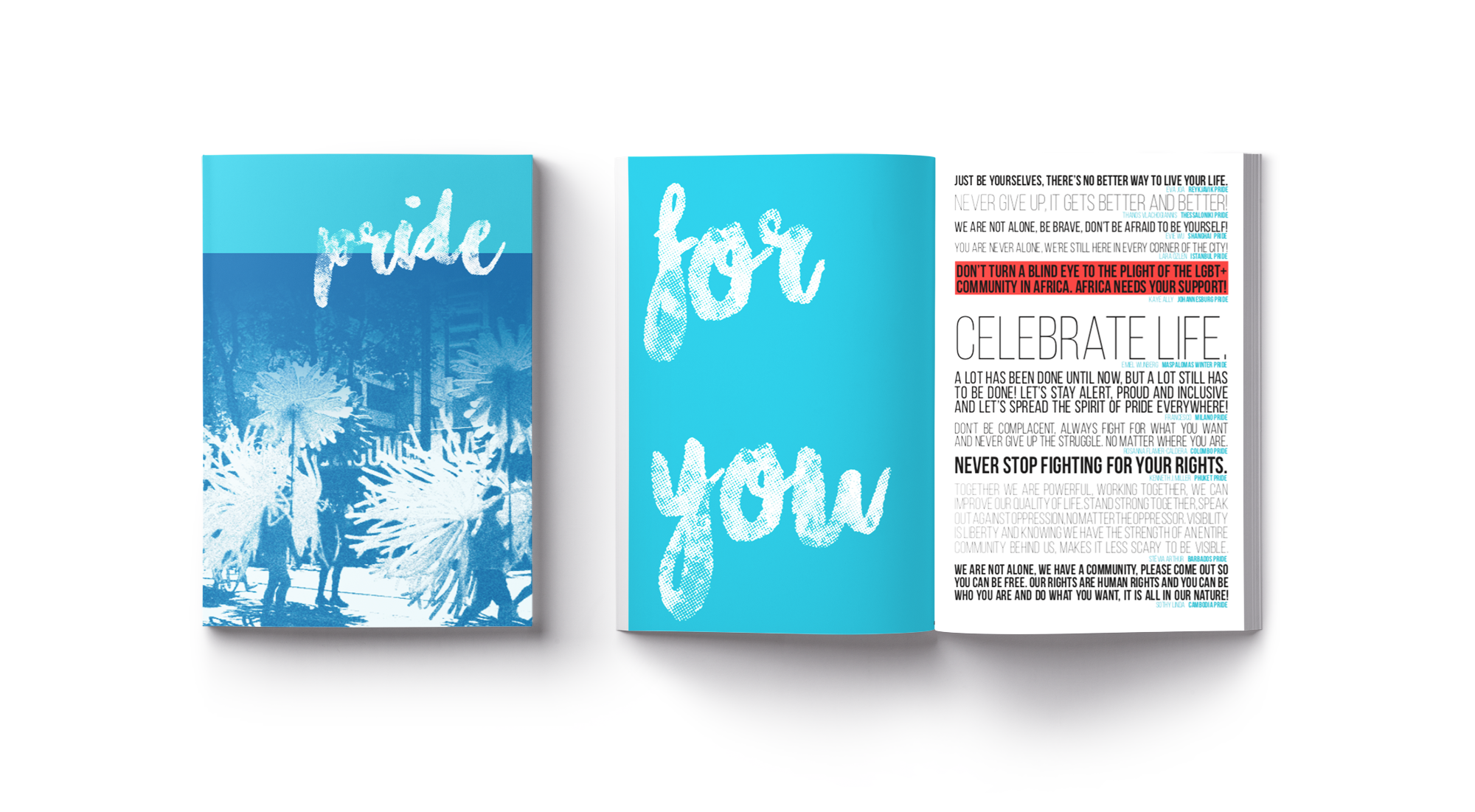
DOWNLOAD FREE PRIDE ZINE
[convertkit form=3372792]
Not different, just love
How do you feel when it comes to dealing with our emotions, expectations and responsibilities, around coming out, living as a LGBTIQ+ person and when it comes to our families and love in general?
